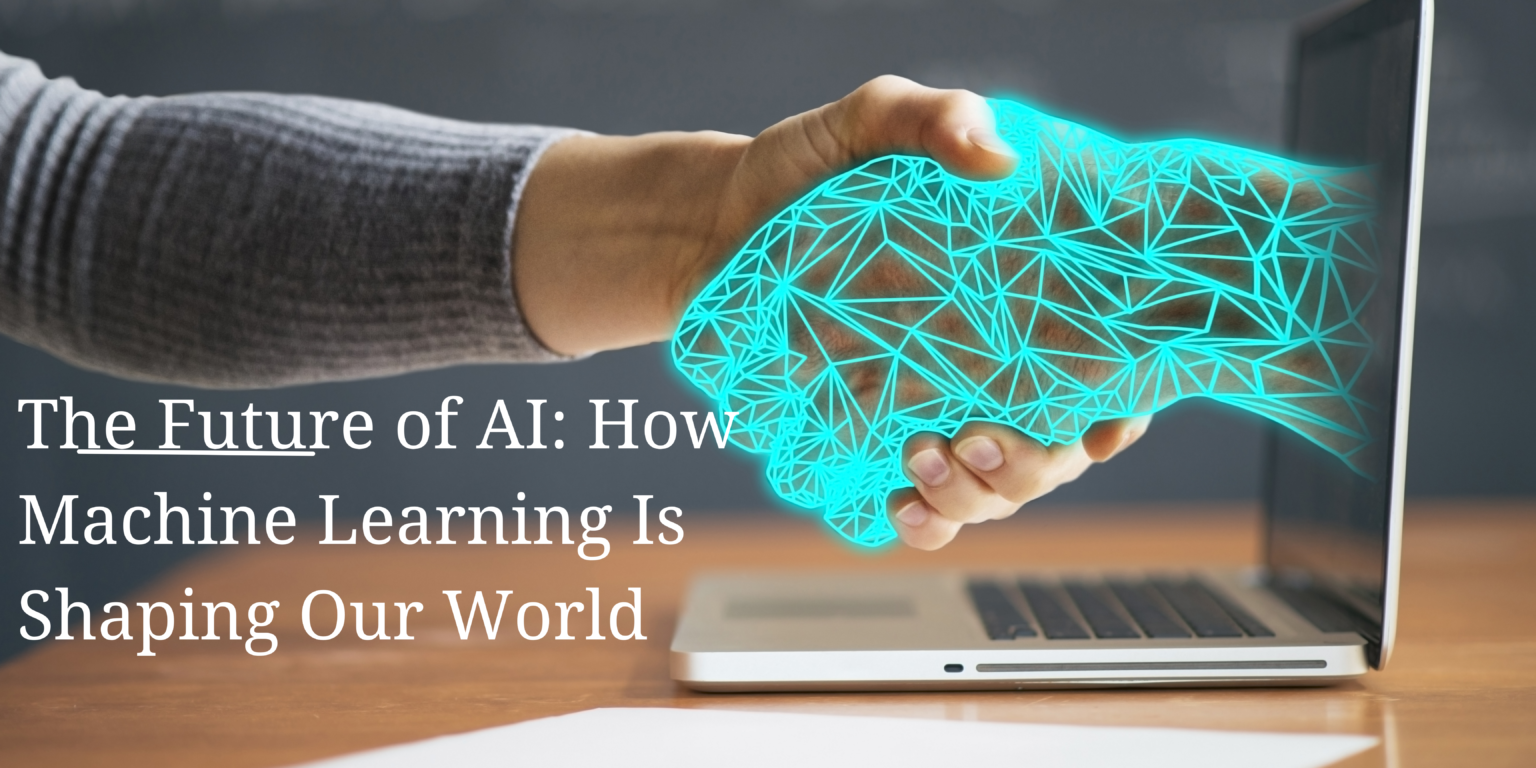Artificial intelligence’s machine learning field allows systems to learn from data, adapt, and make judgments without human help. It is at the front of the quickly expanding AI field. Machine learning’s broad implications will alter many industries, our way of life, and employment.
This essay will examine how machine learning has affected our surroundings and how it may affect artificial intelligence in the future. For further insights into AI and machine learning, you can visit bumber.info.
Understanding Machine Learning
Defining Machine Learning
Machine learning is the scientific study of algorithms and statistical models that computers use to perform a specific task without explicit instructions but relying on patterns and inference. It involves teaching computers to absorb information from data and then apply it to create judgments. For a deeper understanding of machine learning, its applications, and the latest developments in this field, you can visit theslientnews.com.
The Expanding Role of Machine Learning
Machine Learning in Healthcare
Machine learning revolutionizes healthcare by making diagnosis and treatment more efficient and precise. Applications range from predicting disease outbreaks to developing personalized treatment plans. Algorithms can analyze medical data, including images and patient records, to assist medical professionals in making decisions.
Enhancing Customer Experience
Many companies employ machine learning to provide personalized customer experiences. From recommending products on e-commerce websites to understanding and addressing customer queries, machine learning algorithms analyze data to improve customer interactions.
Smart Assistants and Automation
Siri and Alexa are smart assistants that rely heavily on machine learning. These voice-activated AI tools can create reminders, get the weather, and operate smart home appliances. They can even comprehend human language.
Transportation and Autonomous Vehicles
Machine learning is making transportation more and more autonomous in the future. For example, machine learning models are used by self-driving cars to evaluate data from cameras and sensors, giving them the ability to navigate and make judgments in real-time while driving.
The Future of Machine Learning
Increased Automation in Industries
As machine learning technologies become more advanced, industries are incorporating them into various processes. This includes automation in manufacturing, predictive maintenance in energy, and fraud detection in finance. These applications improve efficiency and reduce operational costs. The future of AI appears promising and transformative, marked by advancements in various domains.
With increased integration into industries like healthcare, finance, and transportation, AI will enhance personalized experiences and decision-making processes. Ethical concerns around AI’s autonomy and bias mitigation will drive the development of regulatory frameworks and responsible AI practices. Innovations in natural language processing, computer vision, and reinforcement learning will lead to more human-like interactions and problem-solving capabilities. AI’s evolution is expected to revolutionize job markets, demanding new skill sets and reshaping employment landscapes. Collaboration between humans and AI, coupled with responsible development, will shape a future where AI augments human potential and fosters unprecedented innovation.
Improved Healthcare Diagnostics
Machine learning will continue to make strides in diagnostics in the healthcare sector. AI-powered tools can analyze X-rays, MRIs, and other medical images, aiding doctors in identifying diseases at an earlier stage.
Personalized Learning and Education
Machine learning can provide personalized learning experiences for students. Educational systems can adapt to their needs and deliver customized content by analyzing a student’s progress and learning style.
Enhanced Cybersecurity
With the growth of the digital landscape, cybersecurity threats are increasing. Machine learning will be crucial in identifying and preventing cyber threats, providing more robust security for individuals and organizations.
Challenges and Ethical Considerations
Data Privacy and Security
The vast amount of data required for machine learning can raise concerns about data privacy. Striking a balance between data-driven insights and safeguarding individuals’ privacy is crucial.
Ethical Concerns
The objectivity of machine learning algorithms is dependent on the quality of the training data. There is a persistent worry about algorithmic prejudice and discrimination, which requires attention.
Job Displacement
Automation powered by machine learning may lead to job displacement in certain sectors. Preparing the workforce for the changing job landscape is an important consideration.
Conclusion
Machine learning is revolutionizing our world, and this trend will grow stronger. Future uses of machine learning and artificial intelligence (AI) appear promising. These include the potential to enable self-driving cars, improve customer experiences, and advance healthcare diagnostics. However, there are challenges, such as moral and privacy concerns with data.
